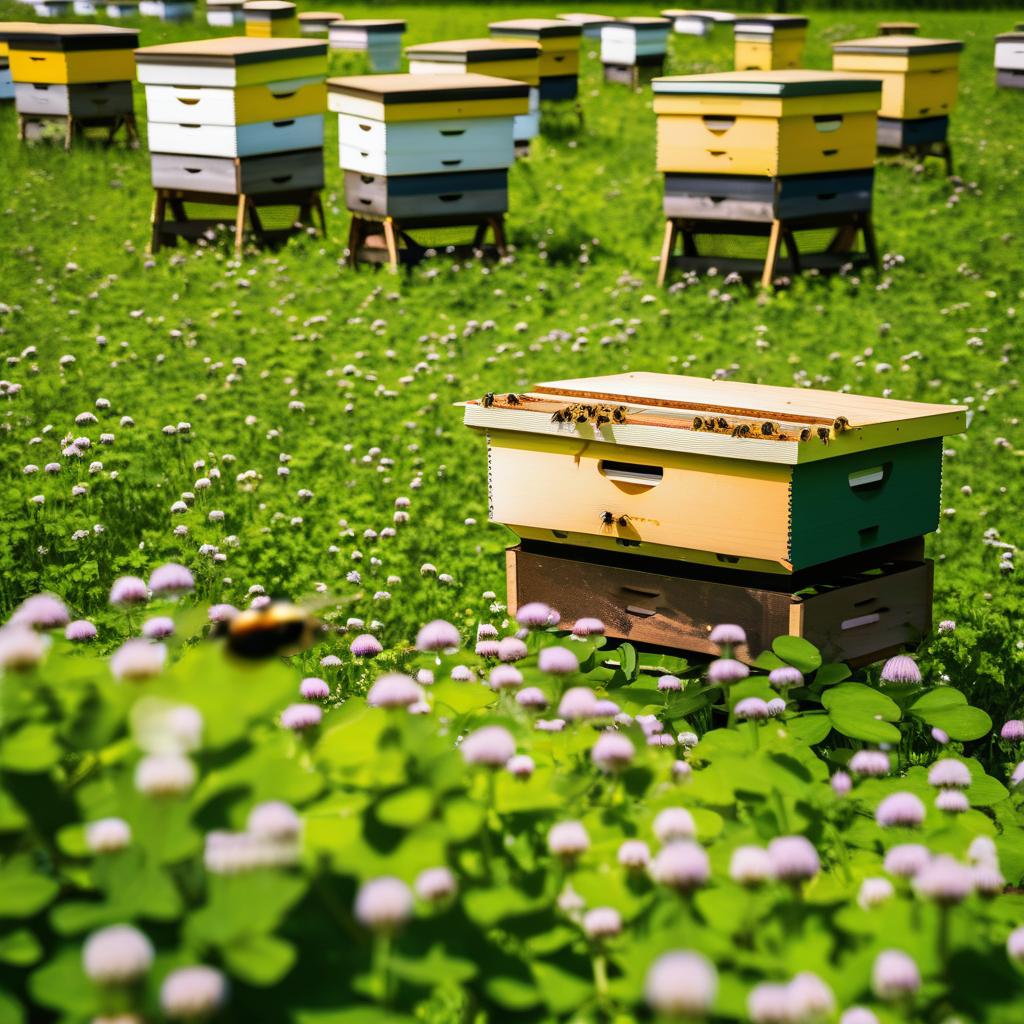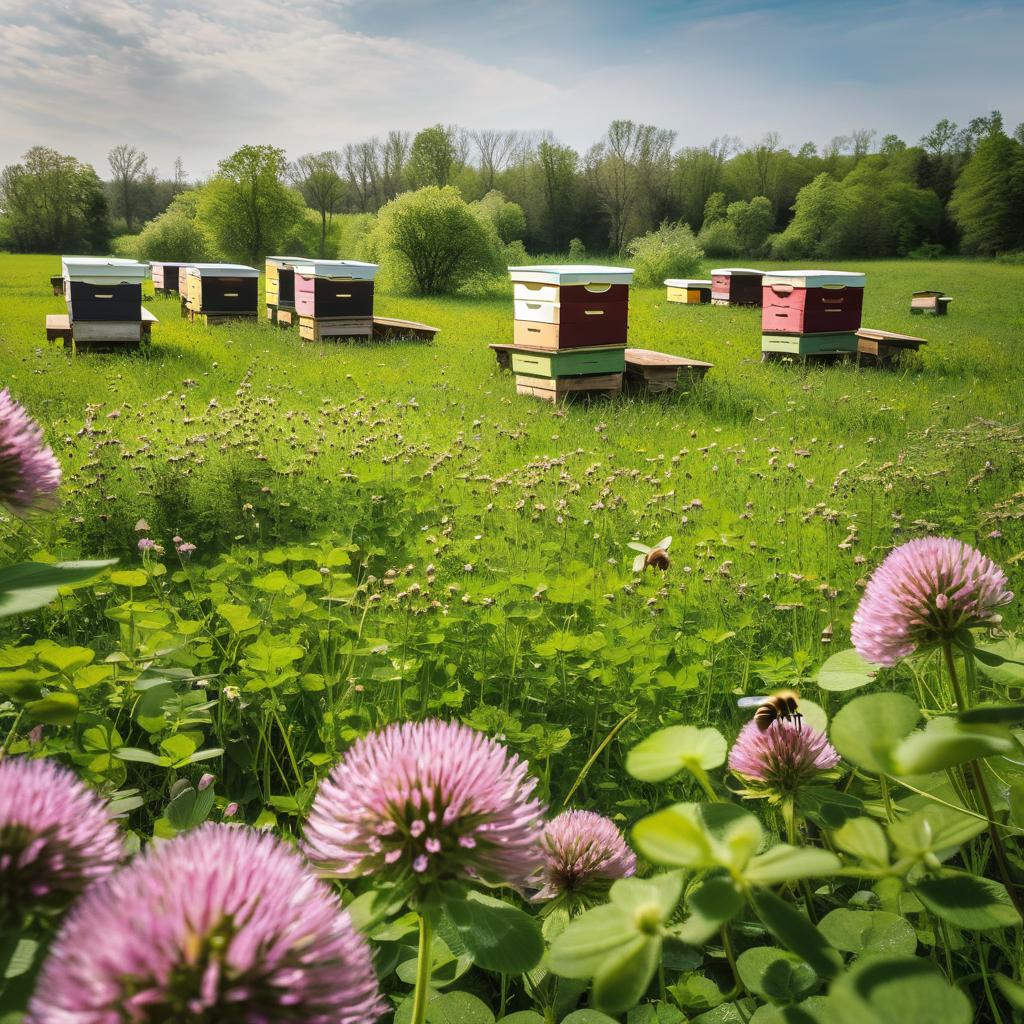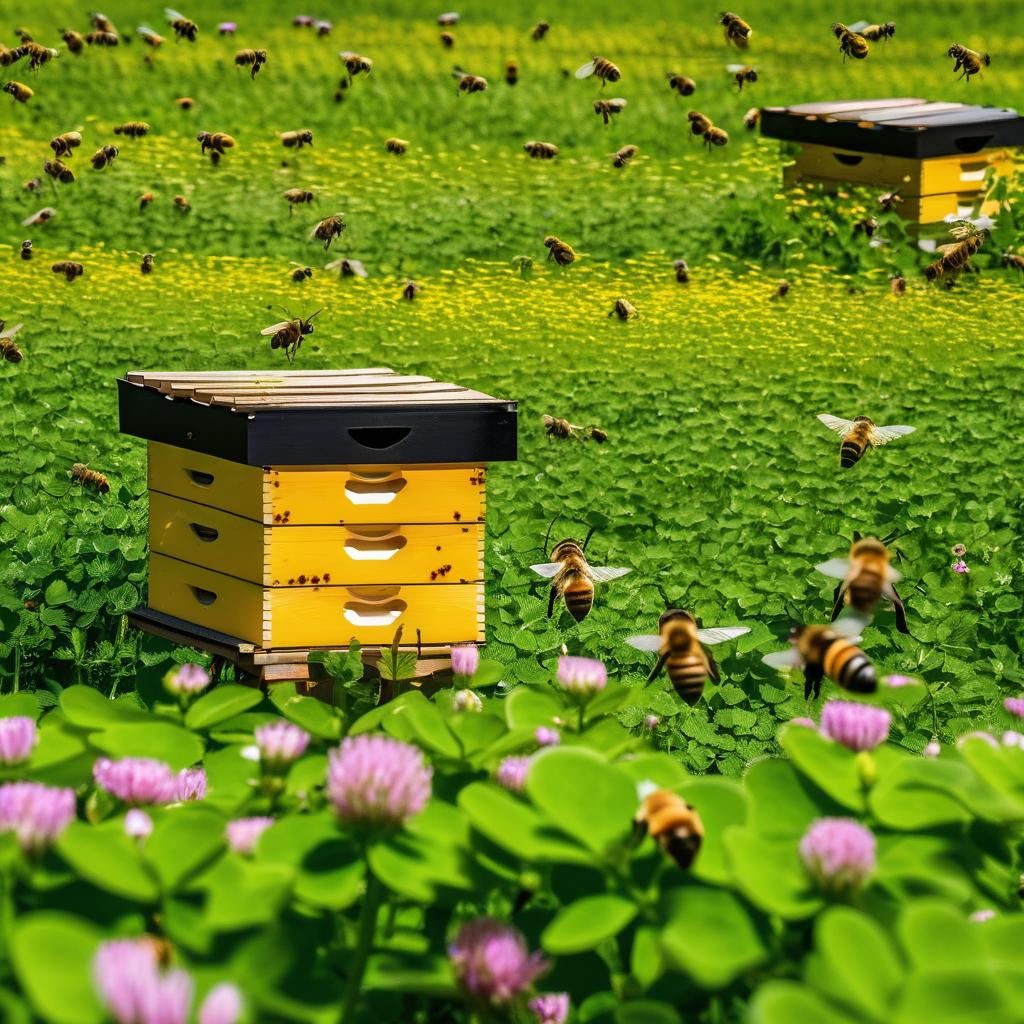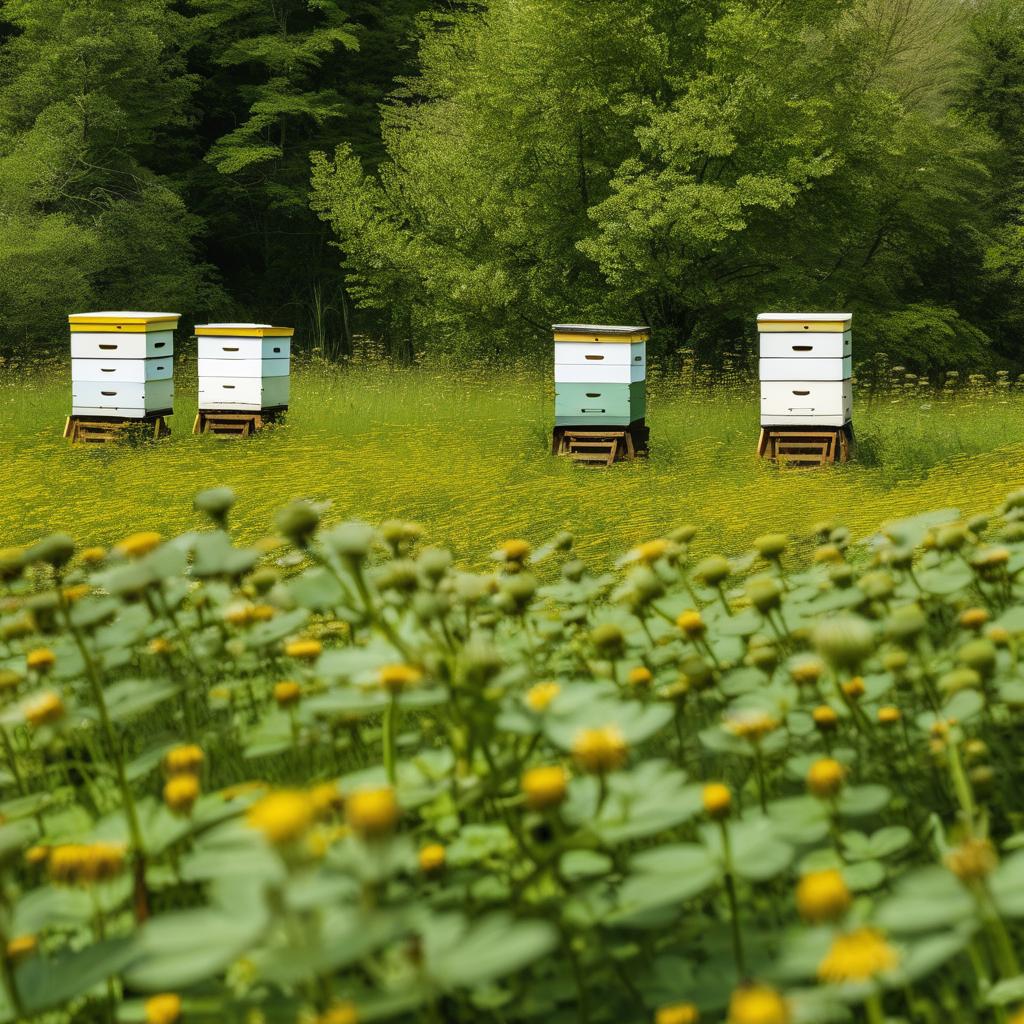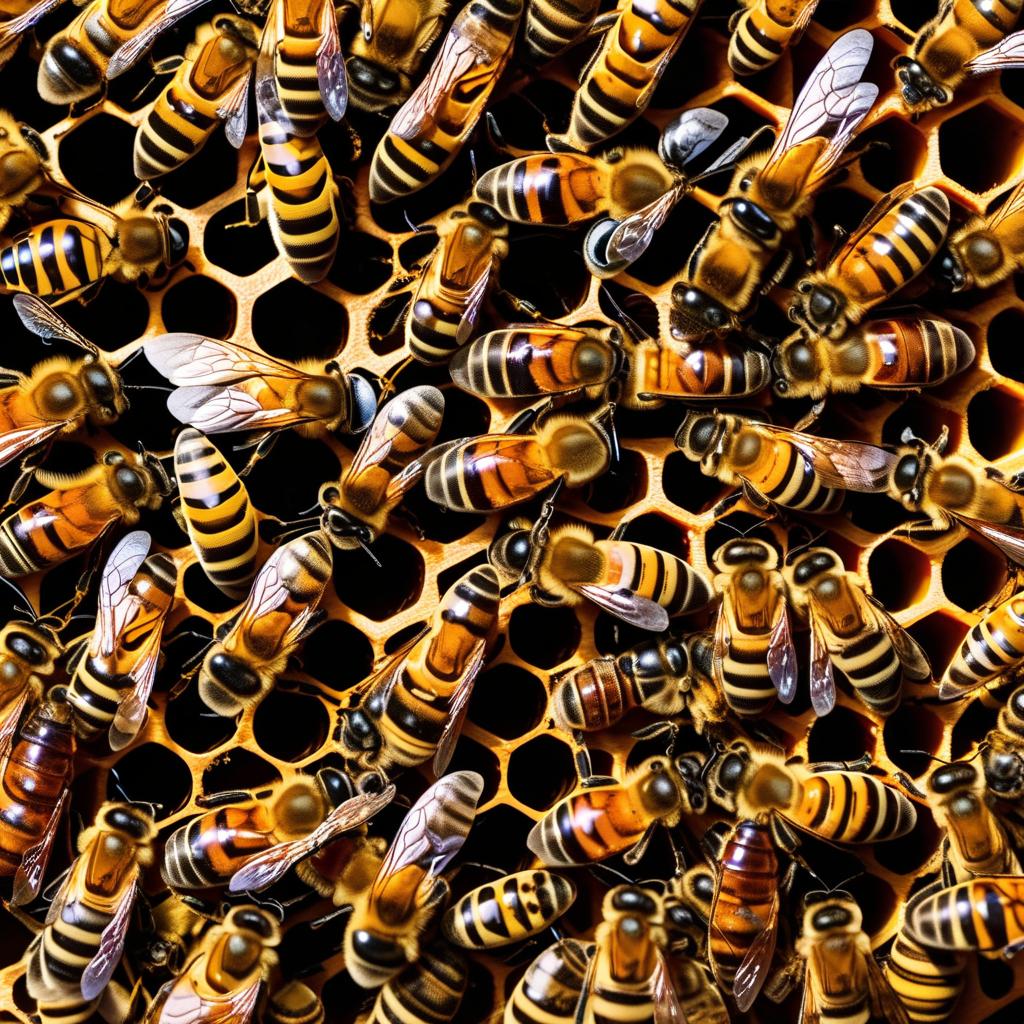Beekeeping Budget
- Equipment and Infrastructure 125 hives: $50,000
- Operational Costs: $28,125
- Marketing and Distribution: $50,000
- Contingency: $50,000
- Total : $178,125
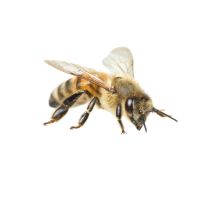
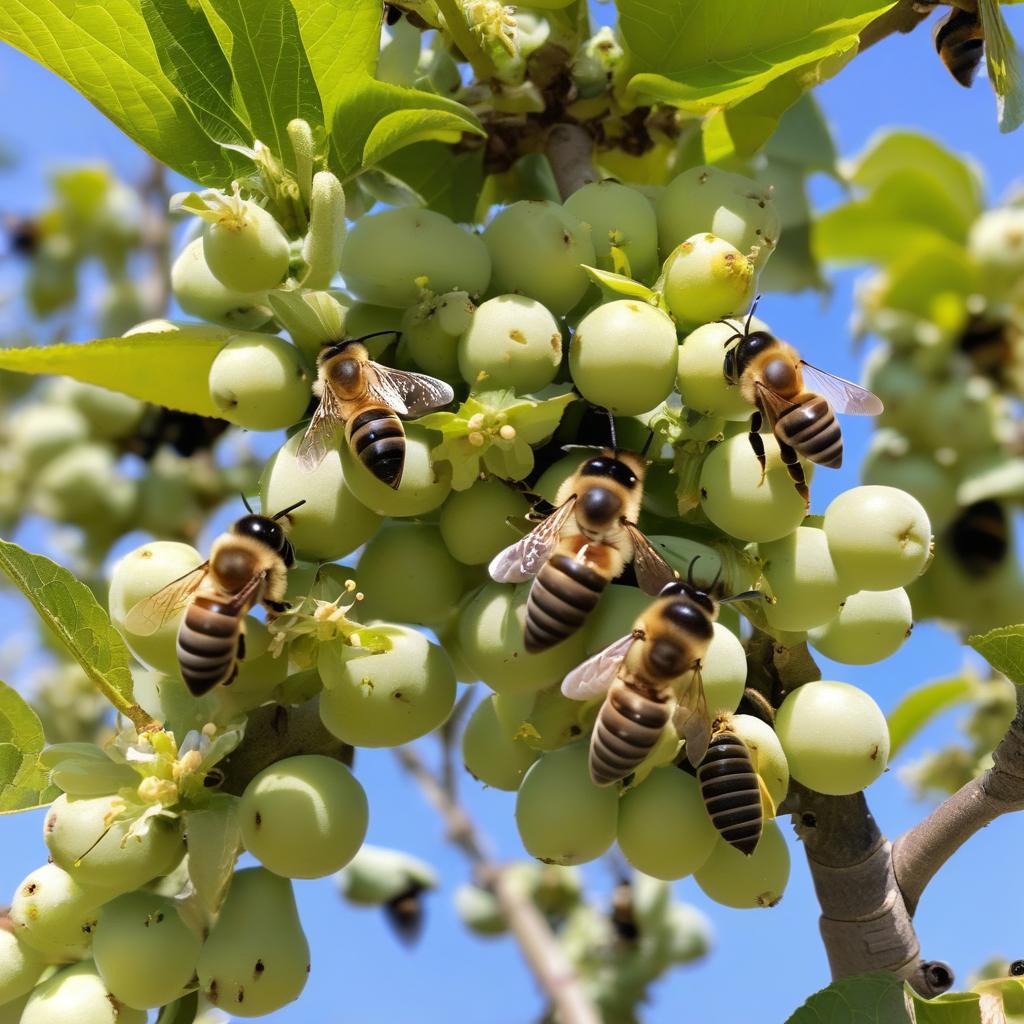

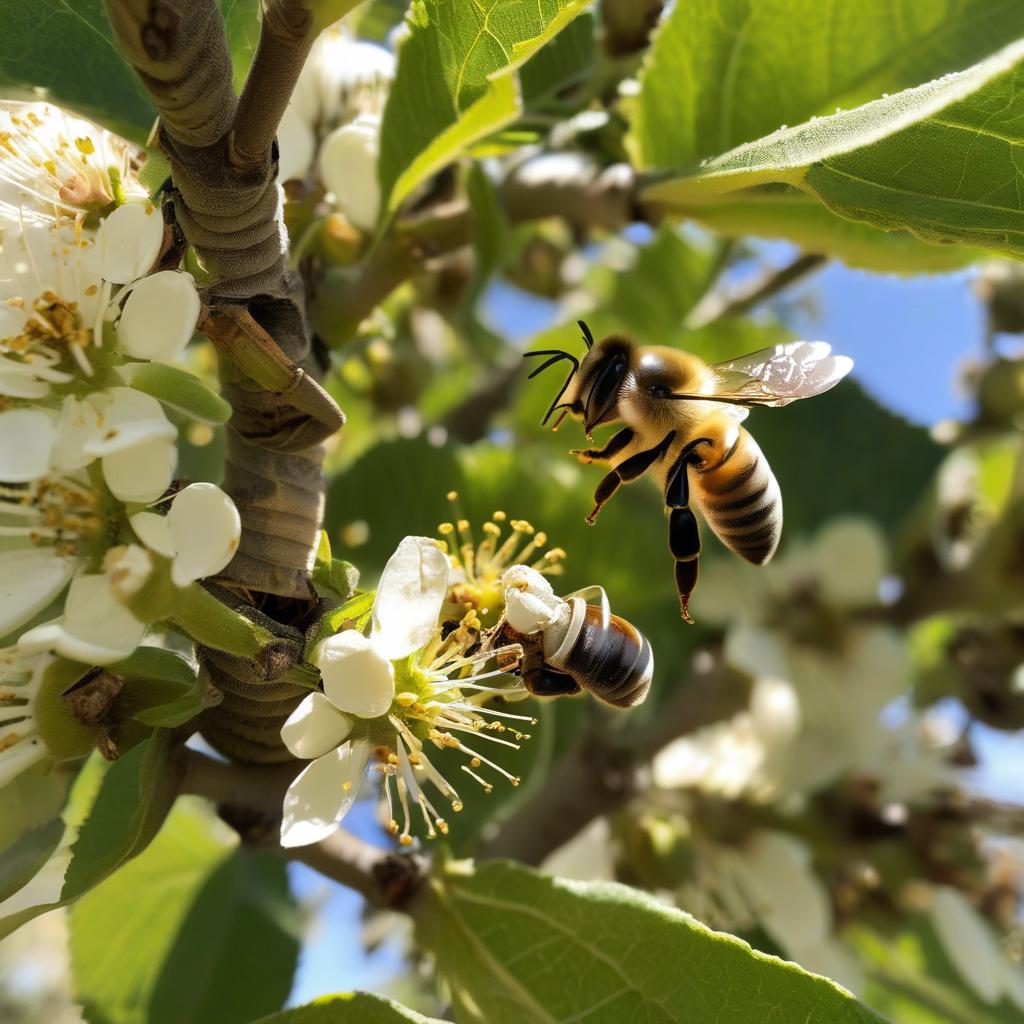
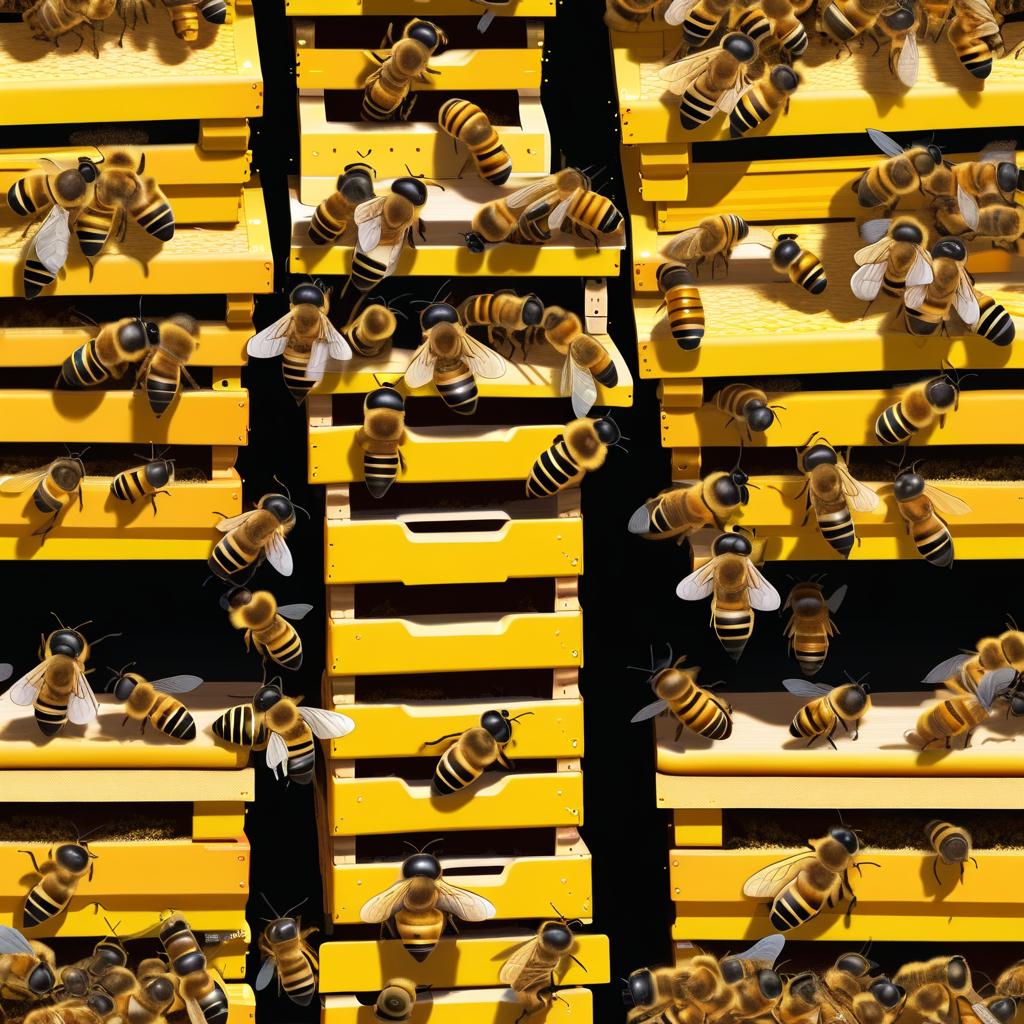

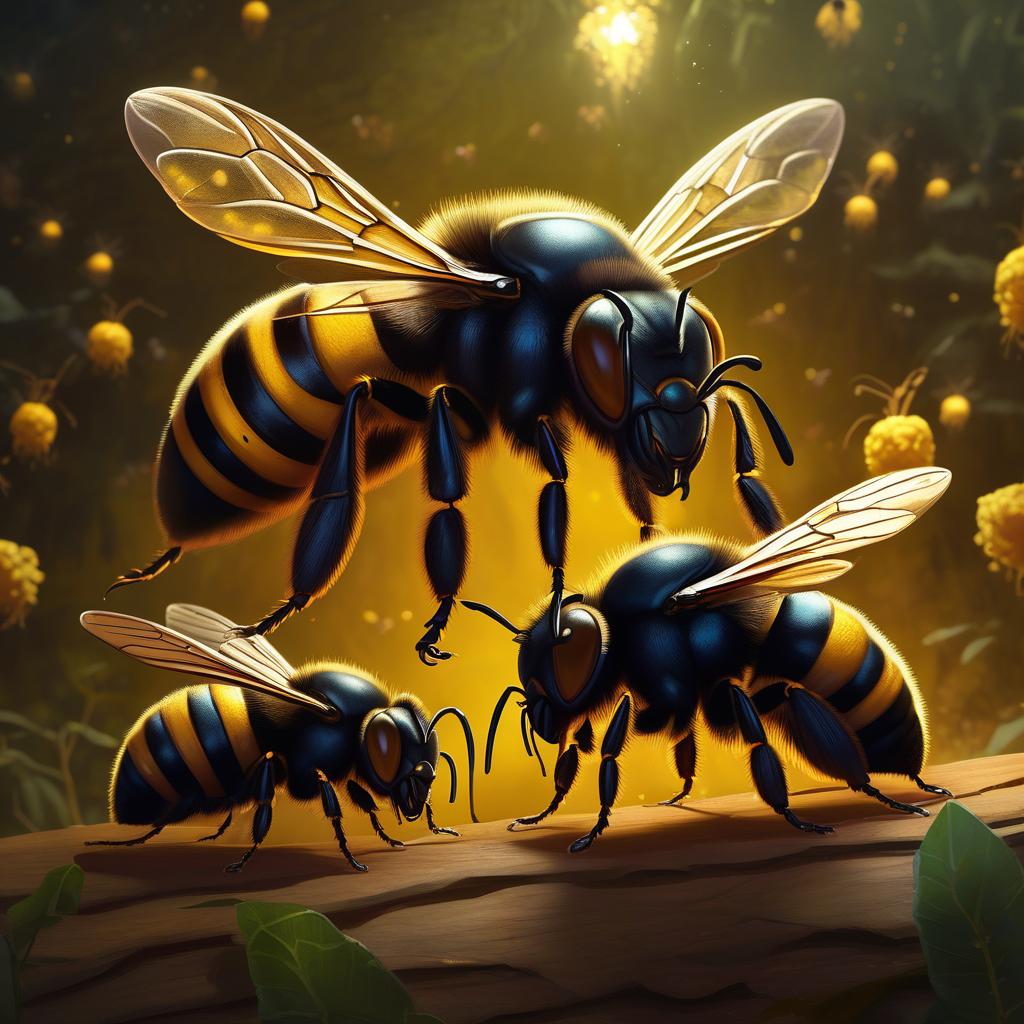
Beekeeping
Beekeeping plays a crucial role in enhancing both ecological and societal well-being. Ecologically, bees are vital pollinators, contributing to the health of ecosystems and the productivity of crops and fruit. They ensure the reproduction of flowering plants, which in turn supports biodiversity and the health of the environment. By establishing a beekeeping program, we can help increase bee populations, combatting the decline caused by pesticides, habitat loss, and disease. This initiative would foster stronger ecosystems, promote the growth of native flora, and improve agricultural yields, leading to more sustainable food sources.
Societally, a beekeeping program can provide numerous benefits, especially in local communities. Beekeeping can create jobs and stimulate economic growth, particularly in rural areas where opportunities may be limited. The production of honey and other bee-related products like beeswax and propolis can support local businesses and markets. Moreover, educational programs associated with beekeeping can raise awareness about the importance of bees and environmental conservation, fostering a sense of stewardship and responsibility among community members. These programs can also inspire new generations to engage in sustainable practices, ensuring long-term environmental benefits.
To realize this vision, we are seeking donations to support the establishment and operation of our beekeeping program. Your generous contributions will help us procure hives, essential equipment, establish beekeeping sites, and fund educational outreach programs. By donating, you are not only supporting a business but also investing in the future of our environment and the well-being of our community. Together, we can create a sustainable enterprise that nurtures both nature and society. Please consider making a donation today to help us protect our bees, enhance our ecosystems, and empower our communities.
The gentle hum of the honey bee, once a familiar sound in gardens and fields, is increasingly becoming a rarity. With their populations declining at an alarming rate, the plight of the honey bee has become a critical concern for the health of our ecosystems and food security worldwide.
Honey bees, as pollinators, play a vital role in agriculture, pollinating a significant portion of the world’s crops, including fruits, vegetables, and nuts. Without their diligent work, many of these crops would struggle to reproduce, leading to diminished yields and increased food prices.
However, honey bee populations have been dwindling for several decades, facing numerous threats that continue to intensify:
